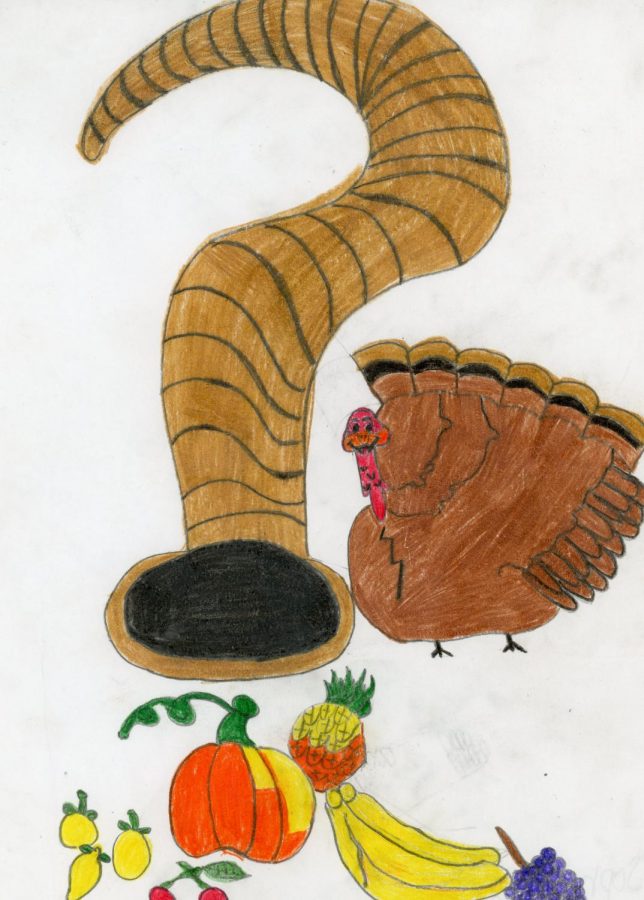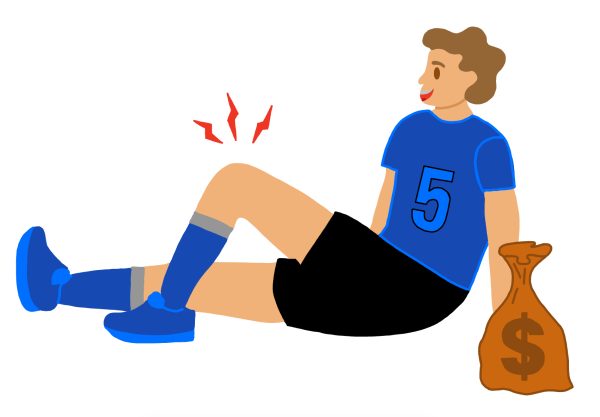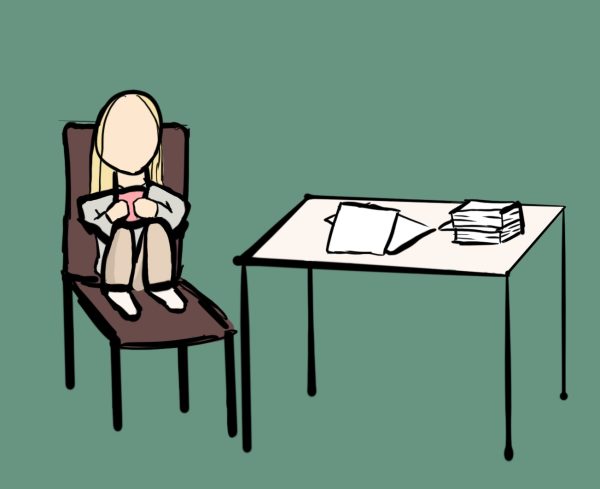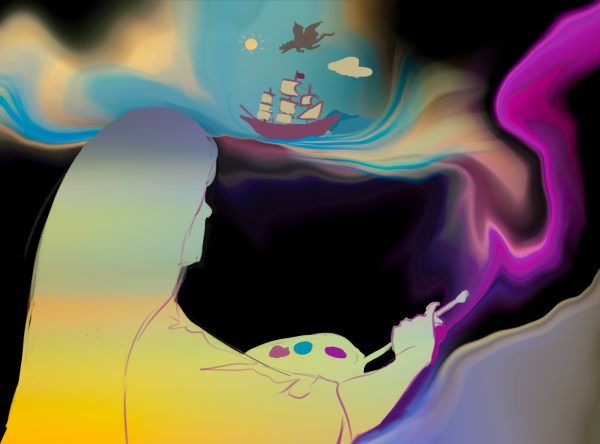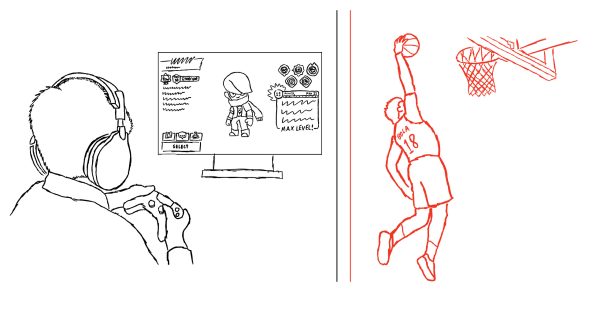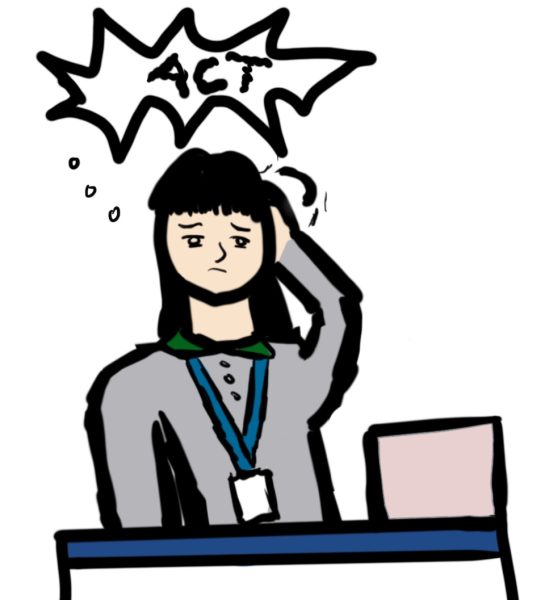Thanksgiving: feast or fallacy?
We all know Thanksgiving to be a holiday filled with family, friends, and food. It is taught to children at a very young age that this holiday brought Pilgrims and Native American tribes together in peace to share food and give thanks. Unfortunately, this story is not historically accurate and several Americans refuse to even celebrate it. What should be a holiday filled with harmony only divides Americans in confusion for the holiday’s worth.
So, if all that we have learned since Kindergarten about is false, what is Thanksgiving? Before the Pilgrims arrived, southern England was inhabited by several tribes and confederations that traded with Europeans. The peace between the tribes and Europeans was broken when Europeans captured the locals and sold them into slavery. Shortly after this, more tradesmen came with diseases that nearly wiped out the entire population of Native Americans. The Pilgrims, who were actually called Separatists, left Great Britain on the Mayflower in search of a new home where they could establish a religious theocracy. After a long, difficult journey due to food shortage, these Separatists finally arrived at Plymouth. More suffering due to lack of food and proper shelter continued until a native named Samoset greeted them and introduced his tribe called the Sachem. The two different groups made peace and Squanto (who had learned English because he had previously been a slave) taught the Pilgrims how to grow crops. In the fall, a bountiful harvest had been produced and a huge feast was held for three days between the Pilgrims and the Sachem. While this is what we call “the first Thanksgiving,” the harvest festival was not given this name until over 200 years later.
One controversy claims that the Pilgrim said not invite the native people to their great harvest feast. There are no concrete facts that state the Pilgrims gathered with the natives to establish equality and harmony. This detail is only assumed because it was due to native assistance that the Pilgrims were able to produce any harvest at all. Another controversy about this holiday states that Thanksgiving was originated from the defeat of the Pequot people in the Pequot War. Some Americans believe Thanksgiving is celebrated because of this victorious massacre. It would be outrageous to celebrate a holiday based on winning a bloody war. However, the holiday we celebrate today is not in remembrance of the Pequot War even though the “first Thanksgiving” was said to have occurred somewhat after this horrific event.
The inaccuracy in what we learn in schools makes it difficult for many Americans to accept this holiday. Abraham Lincoln officiated the holiday in 1863 as a way to give thanks for Civil War victories. Although this does not particularly match up with the story of the “First Thanksgiving,” the message of the holiday is clear: be thankful. Americans can be angered by the story taught to children at school about Thanksgiving, but it teaches a valuable lesson about sharing and joining together despite differences.
This Thanksgiving, when you gather with all of your loved ones, try to ignore the self-proclaimed rebels of our society that shame Americans for celebrating this national holiday. Even if the story behind Thanksgiving seems a bit shifty and unreliable, there is nothing wrong with celebrating equality and giving thanks.
Your donation will support the student journalists of Saint Viator High School. Your contribution will allow us to purchase equipment and cover our annual website hosting costs.



